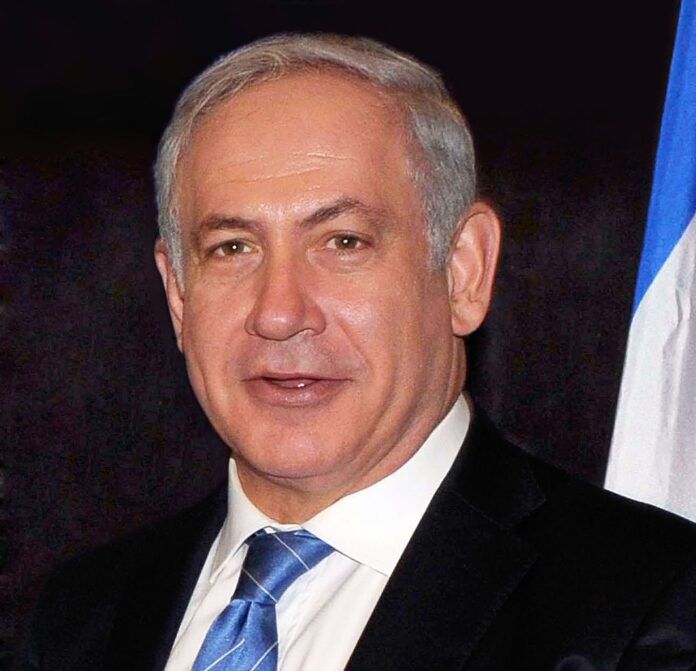A Channel 12 news survey reveals that 60% of Israelis support prioritizing a hostage deal over maintaining a military presence in the Philadelphi corridor
A recent Channel 12 news poll has found that a significant majority of Israelis prioritize negotiating a hostage deal over the continued Israeli Defense Forces (IDF) presence in the Philadelphi Corridor. According to the survey, 60% of respondents believe that securing a deal to bring home hostages should take precedence, compared to 28% who view maintaining the military presence on the Egypt-Gaza border as more critical. Twelve percent of those surveyed were undecided.
The poll also revealed widespread dissatisfaction with the government’s handling of the hostage situation. Sixty-one percent of Israelis do not believe that the government is doing enough to secure the release of the 101 hostages currently held in the Gaza Strip. Only 34% of respondents feel that the government is taking adequate measures, while 5% were uncertain.
Embed from Getty ImagesIn the context of Prime Minister Benjamin Netanyahu’s insistence on maintaining the IDF’s position in the Philadelphia Corridor, many respondents suspect political motivations behind his stance. The survey suggests that Netanyahu’s focus on the corridor is perceived as driven by political considerations rather than strategic necessity.
The poll further highlighted a shift in public trust away from Netanyahu. While 35% of respondents trust Opposition Leader Yair Lapid more than Netanyahu, 33% still have greater confidence in the prime minister, and 28% do not trust either leader. National Unity leader Benny Gantz enjoys higher trust, with 41% of respondents favouring him over Netanyahu, who is trusted by 27%.
Former Prime Minister Naftali Bennett emerges as the most trusted leader according to the poll, with 44% of the Israeli public expressing confidence in him compared to 29% for Netanyahu.
The survey also assessed public opinion on the role of Netanyahu in the October 7 attack, with 43% of respondents attributing the most responsibility to the prime minister. Chief of Staff Herzi Halevi and Shin Bet chief Ronan Bar are seen as responsible by 18% and 14% of respondents, respectively, while Defense Minister Yoav Gallant is blamed by 6%.
Additionally, the poll gauged opinion on far-right National Security Minister Itamar Ben Gvir’s proposed changes to the status quo on the Temple Mount. A significant majority, 68%, oppose allowing Jewish prayers at the site, reflecting strong resistance to altering the existing arrangements.
The poll’s methodology and margin of error were not provided.
Analysis:
Political: The poll indicates a growing public discontent with Netanyahu’s leadership and handling of the hostage crisis. The focus on the Philadelphi Corridor over the hostage situation highlights the political complexities and shifting public sentiments in Israel. Netanyahu’s perceived prioritization of political considerations over humanitarian issues could affect his political standing and influence future government decisions.
Social: The public’s prioritization of a hostage deal over military strategy reflects deep social concerns about the welfare of hostages and the effectiveness of government response. The scepticism towards the government’s efforts and leadership underscores broader societal frustrations and the desire for effective solutions to pressing issues.
Racial: While the poll does not directly address racial issues, the broader context of the hostage situation and the conflict with Gaza has significant racial and ethnic dimensions. Public opinions on these matters are influenced by ethnic and national identities, which shape perspectives on security and humanitarian issues.
Gender: The gender implications of the poll are not explicitly addressed, but the broader impact of the conflict on families and individuals includes significant gender dimensions. Women and children are often disproportionately affected by conflict and hostage situations, influencing public opinions and policy considerations.
Economic: The economic impact of the hostage situation and military presence in the Philadelphi Corridor is not detailed in the poll. However, these issues have broader economic implications, including the costs of military operations and the economic consequences of prolonged conflict and insecurity.
